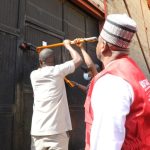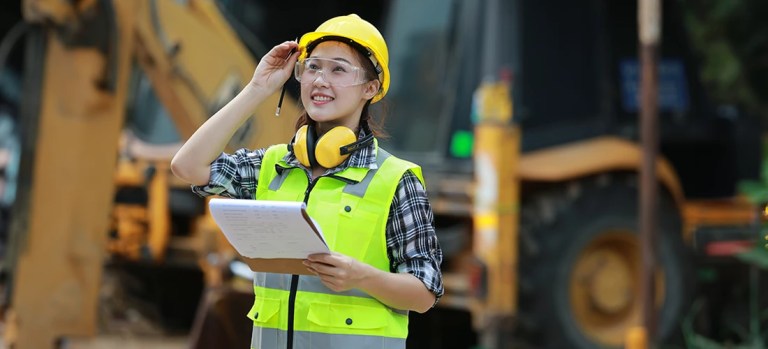In a bid to draw public attention to the plight of mining communities across the country, experts came together in a webinar on Women and Extractives Journalism Training organised by the Renevlyn Development Initiative (RDI).
The Project Officer, RDI, Ifeoluwa Komolafe opened the session which was held on September 24, highlighting the need to focus on gender-specific impacts within the extractive sector.
The webinar emphasised that despite the low representation of women in this industry, they face numerous challenges, including health risks from toxic exposure and social issues stemming from land pollution and loss of agricultural livelihoods.
Komolafe noted alarming findings from recent RDI research revealing incidents of sexual harassment and exploitation of young girls in mining sites in Nasarawa State.
The training aimed to empower journalists with the knowledge and tools to report more effectively on these critical issues, ultimately driving policy responses that address the unique impacts of extractive activities on women in Nigeria.
In her presentation during the webinar, Laura Furones defined land and environmental defenders as people who take a stand and carry out peaceful action against the unjust, discriminatory, corrupt or damaging exploitation of natural resources or the environment.
While addressing missed opportunities in reporting on women in artisanal mining, Vanessa Adie, a Media Strategist, said that critical challenges often remain overlooked.
Women in this sector face significant barriers, including limited access to land and licenses, which leave them reliant on male counterparts and undermine their economic independence
Health hazards, such as exposure to toxic chemicals and physical injuries, pose serious threats to their well-being, the webinar showed. Adie further said that gender-based violence (GBV), including sexual exploitation and physical abuse, continues to be a pervasive issue.
She emphasised that the shrinking of social networks further isolates women, impacting their cultural connections. Addressing these gaps is essential for fostering true empowerment in the mining sector. In addressing the legacy of coal mining in Enugu State and its ongoing challenges, Ebere Ekeopara highlighted the difficult realities faced by miners and their families.
She stated, “Miners were not well paid at all; their welfare was not taken seriously,” underscoring the hazardous conditions they endured for minimal compensation. Ekeopara pointed out that many former miners now live in poverty, struggling to provide for their families due to insufficient pay and serious health issues from years of exposure to dangerous environment.
“Government needs to settle former miners and, in case of death, their dependents should receive their due,” she emphasised, calling for accountability and support for those affected.
As the Federal Government considers reviving coal mining, she raised concerns about the distribution of ecology funds, insisting that “the well-being of the people must come first.”
She further urged proper decommissioning practices and fair pensions, stressing the importance of including former miners’ voices in any future decisions regarding the industry. A Development Analyst and Social Justice Advocate, Hauwa Mustapha similarly shared her insights on the impacts of mining in Northern Nigeria, highlighting the stark realities facing the region.
She noted that despite government efforts, the mining sector contributes only 0.77 per cent to GDP as of 2023. She emphasised the pervasive poverty, with 85 per cent of the population affected, and the rise of illegal mining exacerbated by government neglect.








